Destination Mekong publishes the first Mekong Stories book
14 September 2022, Phnom Penh, Cambodia To draw attention to the many people contributing to building a sustainable tourism industry in the Greater Mekong Subregion…
Greater Mekong Sub-region (GMS) is part of the Indo-Burma biodiversity hotspot, recognized as one of the most biologically important regions of the planet. However, regardless of the rich and rare species diversity, GMS is not currently on the world’s “wildlife tourism map.” If one searches for “Wildlife Tours Asia” or “Wildlife Spotting Asia” on Google or Instagram, there are almost no results from GMS. GMS should therefore be better promoted as wildlife tourism destinations and be supported to develop the infrastructure needed to facilitate safe and ecologically sound wildlife tourism.
While model wildlife tourism experiences do exist in GMS, many of the few results that come up when searching for wildlife tourism in GMS present unethical practices with poor animal welfare often conflating captive wildlife management with conservation. Ethical wildlife tourism practices must therefore be promoted and regulations on wildlife welfare in tourism establishments in GMS improved and implemented.
The illegal trade and consumption of wildlife and wildlife parts facilitated by tourists and the tourism industry is a major issue for wildlife conservation. Visitors to GMS and the travel and tourism operators that work in the region need to be better informed about the GMS laws and the negative impacts of their actions; they must commit to being part of the solution to end the trade in wildlife.
The majority of visitor arrivals to GMS are from countries in Asia; therefore to ensure sustainable wildlife tourism practices, it is crucial to focus the promotion of ethical wildlife tourism practices to visitors from key countries in addition to domestic tourists and long haul inbound visitors.
Inviting known ethical wildlife tourism businesses to join the Experience Mekong Collection, updating existing businesses that are missing relevant information, and identifying ventures that could improve their practices.
Create a B2B database to facilitate communication between ethical wildlife tourism businesses and tour operators.
Involve more members in the Wildlife Tourism & Conservation group to ideally cover all GMS with members from the private sector and travel influencers.
Create Thematic webinars and media exposure to promote best practices and lessons learned in promoting GMS as Ethical Wildlife Tourism destinations and working with the travel and tourism industry to reduce wildlife trade.
Facilitating the Writing of Science Based Guidelines for Specific Wildlife Tourism Activities for GMS in such cases that they do not currently exist.

Ecotourism Advisor ,
Wildlife Conservation Society Laos
Regional Platform Coordinator, Outreach and Advocacy Manager, Illegal Wildlife Trade, WWF Greater Mekong
Group Director of Sustainability & Conservation for Minor Hotels
Membership is open to all MeTAG members, representatives of governments, the private sector and NGOs committed to child protection (can, but do not need to be experts on the topic); it can be expanded to external experts that are not part of the Mekong Tourism Advisory Group but can contribute to the discussion.
Please contact us to inquire about membership to this group.
Greater Mekong Sub-region (GMS) is part of the Indo-Burma biodiversity hotspot, recognized as one of the most biologically important regions of the planet. However, regardless of the rich and rare species diversity, GMS is not currently on the world’s “wildlife tourism map.” If one searches for “Wildlife Tours Asia” or “Wildlife Spotting Asia” on Google or Instagram, there are almost no results from GMS. GMS should therefore be better promoted as wildlife tourism destinations and be supported to develop the infrastructure needed to facilitate safe and ecologically sound wildlife tourism.
While model wildlife tourism experiences do exist in GMS, many of the few results that come up when searching for wildlife tourism in GMS present unethical practices with poor animal welfare often conflating captive wildlife management with conservation. Ethical wildlife tourism practices must therefore be promoted and regulations on wildlife welfare in tourism establishments in GMS improved and implemented.
The illegal trade and consumption of wildlife and wildlife parts facilitated by tourists and the tourism industry is a major issue for wildlife conservation. Visitors to GMS and the travel and tourism operators that work in the region need to be better informed about the GMS laws and the negative impacts of their actions; they must commit to being part of the solution to end the trade in wildlife.
The majority of visitor arrivals to GMS are from countries in Asia; therefore to ensure sustainable wildlife tourism practices, it is crucial to focus the promotion of ethical wildlife tourism practices to visitors from key countries in addition to domestic tourists and long haul inbound visitors.
Inviting known ethical wildlife tourism businesses to join the Experience Mekong Collection, updating existing businesses that are missing relevant information, and identifying ventures that could improve their practices.
Create a B2B database to facilitate communication between ethical wildlife tourism businesses and tour operators.
Involve more members in the Wildlife Tourism & Conservation group to ideally cover all GMS with members from the private sector and travel influencers.
Create Thematic webinars and media exposure to promote best practices and lessons learned in promoting GMS as Ethical Wildlife Tourism destinations and working with the travel and tourism industry to reduce wildlife trade.
Facilitating the Writing of Science Based Guidelines for Specific Wildlife Tourism Activities for GMS in such cases that they do not currently exist.

Ecotourism Advisor ,
Wildlife Conservation Society Laos
Regional Platform Coordinator, Outreach and Advocacy Manager, Illegal Wildlife Trade, WWF Greater Mekong
Group Director of Sustainability & Conservation for Minor Hotels
Membership is open to all MeTAG members, representatives of governments, the private sector and NGOs committed to child protection (can, but do not need to be experts on the topic); it can be expanded to external experts that are not part of the Mekong Tourism Advisory Group but can contribute to the discussion.
Please contact us to inquire about membership to this group.
Inform us about any topic related to wildlife tourism, contact us for potential partnerships.
14 September 2022, Phnom Penh, Cambodia To draw attention to the many people contributing to building a sustainable tourism industry in the Greater Mekong Subregion…
iving Irrawaddy Dolphin Project is a social business promoting sustainable practices under the license of Burma Dolphins Ltd., a local travel company in Mandalay, Myanmar.…
The Elephant Valley Project (EVP), the original elephant sanctuary in Cambodia, is dedicated to rescuing captive elephants and supporting conservation work protecting wild elephants. Visitors…
Cardamom Tented Camp ecolodge in Cambodia has been announced by Green Destinations as one of the 2021 Top 100 Destination Sustainability Stories in the world.…
